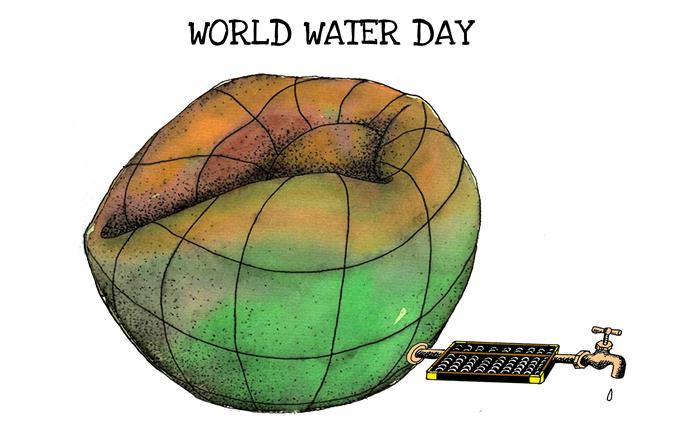Social media's future lies in pursuit of facts
 |
|
[Photo/IC] |
A recent article titled "Pursuit of hundreds of thousands of views would do harm to journalism, the internet and the young generation" said the pursuit of views, without checking for facts, to catch more eyeballs is a main reason for social media's commercial success. But another article said it is unfair to blame social media for the disconnect between opinions and facts.
Both the traditional media and social media strive to seek as many readers as possible to widen their influence. Irrespective of their nature, however, media outlets should improve their professionalism and always remain committed to fulfilling their social responsibilities. Some social media platforms tend to ignore or overlook facts, and blindly flash news that they cannot prove true, but so do the traditional media when they publish advertisements making false claims.
Social media platforms provide ordinary people with channels to air their views and participate in discussions on important issues, which contribute to the efforts to promote social development. As such, the internet is not to blame for the demerits of social media.
Greek American architect Nicholas Negroponte has said: "Internet access is such a fundamental part of learning that by extension it is almost certainly a human right."
But the internet has changed the way people speak. It has made it possible for everyone to voice their opinions. And the easy availability of information on the internet has given more voice to the people, but it has not necessarily made it more democratic. To make the internet a truly democratic platform, therefore, new inventions should be reviewed by experts and users' behaviors have to be civil, and a consensus must be reached on the rules that should govern the Worldwide Web. The blind pursuit of short-term interests will only damage the power of expression of the internet and the media it has helped build.
In A Theory of Justice, John Rawls regards justice as a basic attribute of the social system and the primary principle of freedom and equality. This primary principle of freedom and equality is also needed to establish social rules for the internet. As a public resource, the internet should be used by people and developed through public means. Which means internet rules have to respect individual rights, safeguard public interests, and promote democracy and justice.
And to make social media play a truly responsible and democratic role, internet ethics has to be aggressively promoted. A healthy environment in which the internet and social media can contribute more to social development, however, cannot be built without the help of relevant state laws and regulations for the management of online activities. In this regard, China has to improve the laws and regulations on social and new media, because in their present forms they are not potent enough for the task.
As providers of information on social media platforms, internet users should have a strong sense of social responsibility to make sure the contents of their online postings are true and meet the moral and ethical demands. And since social media platforms have the capability to not only integrate information but also verify facts and track the source of information, they need to cross-check the contents of the postings, correct inaccurate data, and spike rumors and wrong information to ensure healthy dissemination of information. Only when every social media platform and online information provider follow these rules can the internet become a platform for dissemination of authentic news and socially responsible views.
The author is an associate professor at the School of Journalism and Communication, Renmin University of China.





















